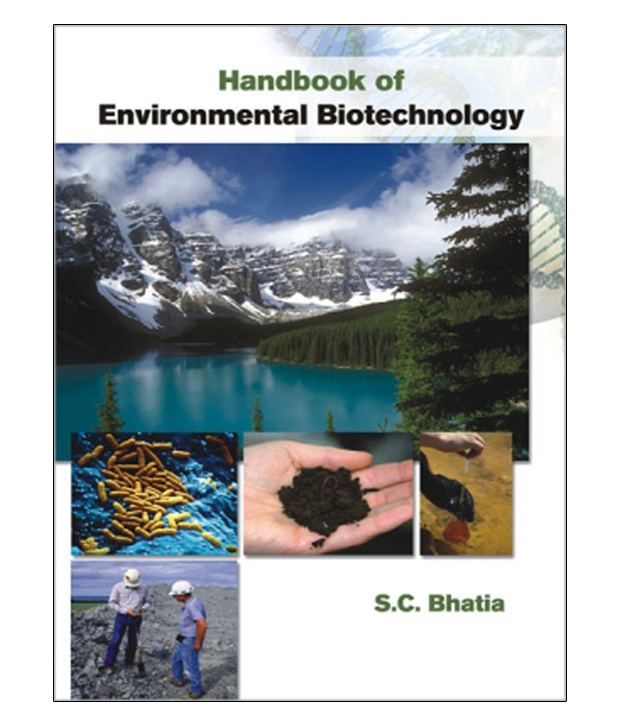Environmental biotechnology offers unique, efficient, eco-friendly and economically viable options for treatment of wastes in situ and conversion of hazardous toxic waste into relatively less harmful or harmless products. It involves applications of biotechnology to the management of environment and related socio-economic and development issues. The first volume of Handbook of Environmental Biotechnology deals with topics such as basic concepts of environmental biotechnology, cleaner technologies, bioremediation, agricultural and food processing industry, and mineral, metallurgical and mining industry. Environmental biotechnology, though a new stream itself, has a lot to offer for pollution control, sustainable development and eco-friendly products and processes. This volume is divided into five sections. Section I studies the role of biotechnology in solving environmental problems and establishes how biotechnological processes are advantageous alternatives or valuable additions to physical and chemical treatment technologies. Section II focuses on cleaner technologies and cleaner production against the backdrop of reactive and preventive environmental policies. Section III deals with bioremediation through micro-organisms. Section IV concentrates on environmental biotechnology in agriculture and food processing industry. Various methods for prevention of effluents and treatment of wastes have been discussed. Section V deals with environmental biotechnology in mineral, metallurgical and mining processing. The text has been supplemented with diagrams, figures and tables. All the topics have been covered in a cogent and lucid style to help the reader grasp the information easily. Index has been provided for quick reference. The book is a treatise on environmental biotechnology and an essential reading for all students, teachers, professionals, researchers and industrialists concerned with environmental science, microbiology and life sciences. It is also a valuable source of information for those preparing for or already associated with pollution prevention, chemical engineering, biochemical engineering, food processing and agricultural engineering. The book also caters to the requirements of the syllabus prescribed by various Indian universities for undergraduate and postgraduate students of biotechnology. About Author: S.C. Bhatia, a Chemical Engineer from BITS, Pilani, and also an MBA, is a consultant on Environmental and Pollution Control, Energy Conservation and Polymer Sciences. He has worked in various petrochemical plants in production planning, maintenance, quality control, etc. He has authored books on subjects ranging from chemical process industries, plastic and rubber technology to perfume, soaps and cosmetics. His areas of specialisation include air and water pollution, energy conservation, rubber, plastics and bio-sciences. He has contributed numerous papers on chemical and allied subjects in journals of repute. Among his published books, Textbook of Noise Pollution and Its Control, Textbook of Biotechnology, Managing Industrial Pollution, Industrial Chemistry, Perfume, Soap and Cosmetics and Chemical Process Industries have received overwhelming response.

